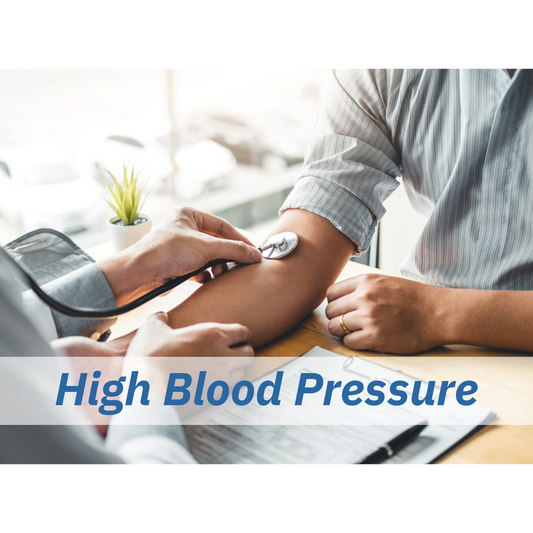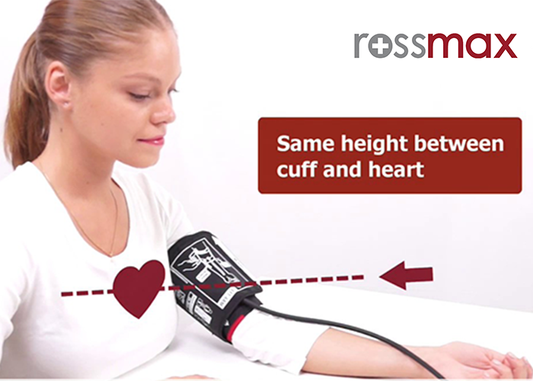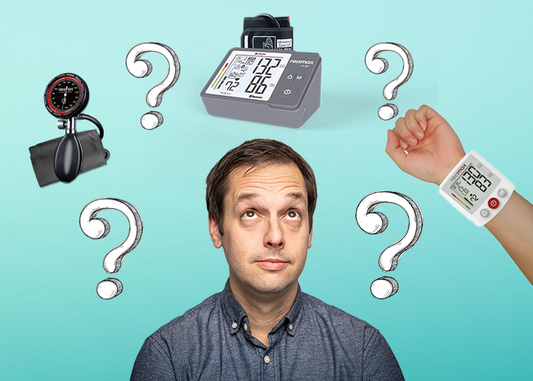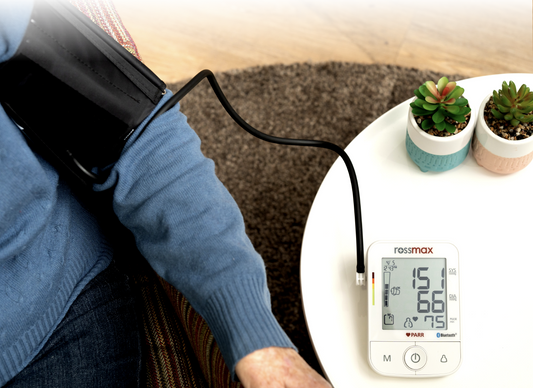Ear thermometers are generally reliable and accurate when used correctly. However, there are several reasons why an ear thermometer may not work properly or produce inaccurate readings:
- Incorrect positioning: Placing the thermometer probe incorrectly in the ear canal can lead to inaccurate readings. Ensure that the thermometer tip is inserted into the ear canal properly and is pointing toward the eardrum.
- Earwax buildup: Earwax can interfere with the accuracy of ear thermometers by blocking the infrared sensor or causing a barrier between the sensor and the eardrum. Cleaning the ear canal before taking a measurement can help prevent this issue.
- Cold or warm ear: Extreme temperatures in the ear, such as a cold or warm ear due to environmental factors, can affect the accuracy of the reading. Make sure the ear is at a stable temperature before taking a measurement.
- Incorrect calibration: Over time, thermometers may require calibration or maintenance to ensure accuracy. Check the manufacturer's instructions for guidance on calibration or seek professional calibration if necessary.
- Dirty or damaged sensor: Dust, dirt, or damage to the sensor can lead to inaccurate readings. Keep the sensor clean and inspect the thermometer for any visible damage.
- Battery issues: Low or depleted batteries can affect the performance of digital ear thermometers. Replace the batteries with fresh ones if you encounter problems with your thermometer.
- User error: Incorrect use or handling of the thermometer can result in inaccurate readings. Follow the manufacturer's instructions carefully and avoid common user errors, such as improper insertion or removing the thermometer too quickly.
- Age and wear and tear: Like any electronic device, ear thermometers may degrade over time with use. If your thermometer is old or heavily used, it may not work as accurately as when it was new.
- Ambient temperature: Rapid temperature changes in the environment can affect the thermometer's accuracy. Ensure that the thermometer has had time to adjust to the room's temperature before use.
- Medical conditions: Certain medical conditions, such as a perforated eardrum or ear infections, can affect the accuracy of ear thermometers. Consult with a healthcare professional for guidance on using a thermometer in these situations.
If you encounter persistent accuracy issues with your ear thermometer despite addressing these potential factors, consider contacting the manufacturer's customer support or seeking advice from a healthcare professional to determine if there are any specific issues with your device.













